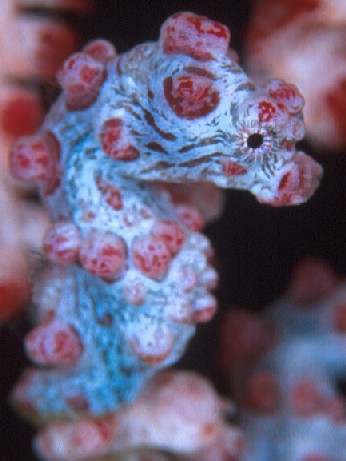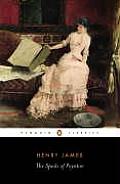Stuck, stuck, stuck. I know there's a massive conspiracy happening in the stupid and unreadable book I'm writing, but I'm hazy on the details. And I'm just at the point in the story where the details are becoming unavoidable.
Fortunately I discovered the Plot Ninjas (courtesy of NaNo). Literally, this is when you get so stuck in your plot that you write in a random ninja attack to get things moving again. It's also come to refer to a host of similar devices used to jump-start your characters. (Someone receives a life-changing gift; someone kills someone else; someone's leg falls off.)
I think the ninjas just might save me today. And how many days do you get to say that?



